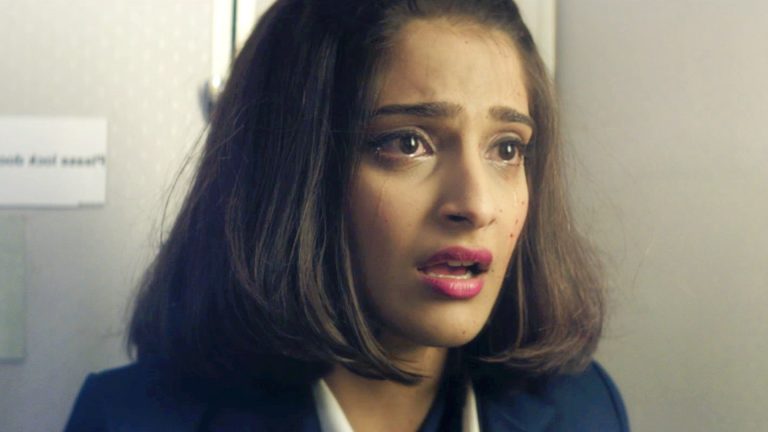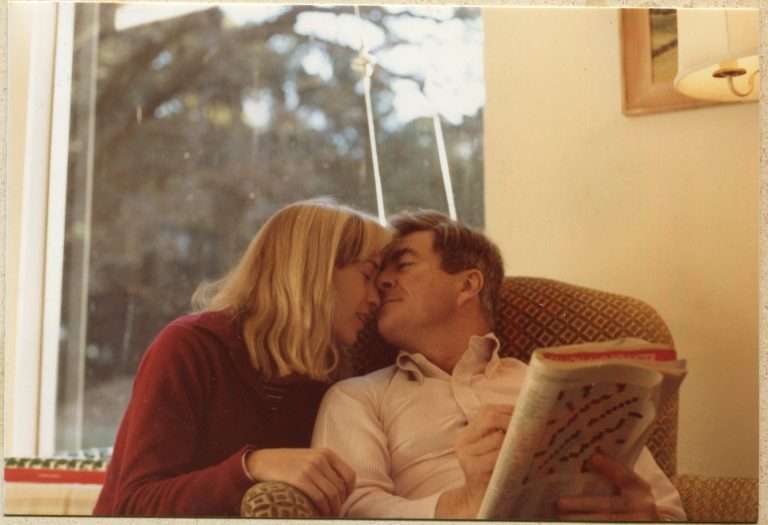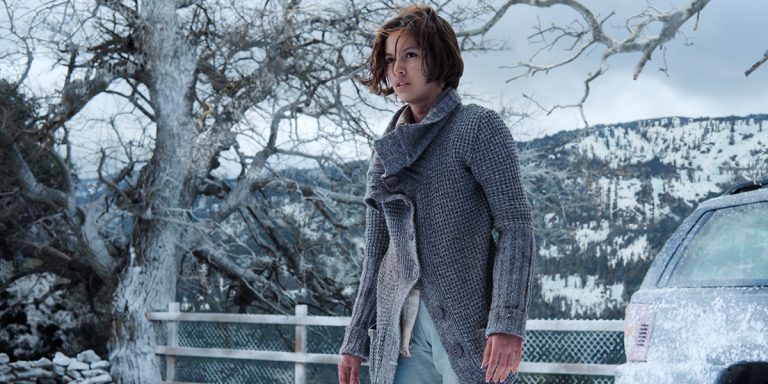The Persian title of ‘There Is No Evil’ is ‘Sheytân vojūd nadârad.’ This translates to ‘Satan does not exist.’ As I revisit the film, this reminds me of what Chloé Zhao said as she won the Oscar for directing ‘Nomadland’ (2020). “Renzhichu xinbenshan” in Chinese, meaning “people at birth are inherently good,” and that she has found goodness in people she has met everywhere in the world.
Four fictional shorts make up for this film written and directed by Mohammad Rasoulof. He had to shoot it in secrecy and help smuggle it to Berlin, because of the subject of his film and his situation. His efforts paid off as the film ended up with the Golden Bear. Although he could not attend the ceremony, a producer highlighted the trouble the cast and crew took to put the film together.
The first short captures the rhythm and routine of a common man’s life in Iran. What really piqued my interest in the short was simplicity of the story telling and how ordinary this man’s life was. At the center of this short is Heshmat (Ehsan Mirhosseini). He picks up his wife from school where she works as a teacher. He gets into an argument with her that follows with them picking up their daughter late.
Similar to ‘There is no Evil’: Stream on MUBI – A Short Film about Killing [1988]
As he was driving through the empty road, perhaps a nod to Kiarostami’s ‘Taste of Cherry’ (1997), the gradual tension builds whether anything bad is going to happen to them. Nothing does, but a jolter of an ending sets the film’s premise. In such a matter-of-factly way that only makes sense because what happens then too is routine.
Pouya, portrayed by Kaveh Ahangar, and his palpitations are the second. He has to carry out an execution the next day but the fears of failing at it grapples him. This serious story somewhere takes a shift and tends to become a comedy as Pouya tries to make an escape. He finds himself a near prisoner as he has to cross barriers at each stage to flee the premises.
Although the third and fourth story are told well – one, a love story between Java (Mohammad Valizadegan) and Nana (Mahtab Servati), and the other, a find-your-roots story between Darya (Baran Rasoulof) and Bahram (Mohammad Seddighimehr) – the initial two have been so good that these two fail to match up to their brilliance. They feel repetitive and predictable.
Also, read – Death by Hanging [1968] Review
Despite the last two shorts falling short of being great, they have their pleasures that redeems them. The romance unfolds in the countryside and the melodrama in a barren land, both shot magnificently by Ashkan Ashkani. Rasoulof attempts to focus on relationships, setting aside his topic in the background. No matter how he approaches them, though, the familiarity of what this story is about makes it difficult to invest in them despite the worthy performances. At a runtime of 150 minutes, ‘There is no evil’ could have used tighter editing by Mohammadreza Muini and Meysam Muini.
Iran, while producing the best of films, has had a difficult relationship with the film-makers. Rasoulof filmed ‘There Is No Evil’ secretly and could not attend the Berlin ceremony because he is banned from filmmaking for life and sentenced to a year in prison for the political content of his work.
Hamid Dasbashi has written a couple of powerful pieces in Al Jazeera’s Opinion pages. A 2013 column titled “The tragic endings of Iranian cinema” laments about “Kiarostami’s long-time protégé Jafar Panahi,” when his film ‘Closed Curtain’ (‘Parde,’ 2013) won the prize for screenplay. A 2015 column titled “Is this the end of Iranian cinema?” worsens this as Panahi won the Golden Bear for ‘Taxi’ (2015). Panahi, banned from filmmaking and travelling for 20 years, has it worse off than Rasoulof, I suppose.
What is to be seen, despite these very disturbing circumstances, is the resilience and the passion for cinema these filmmakers harbor. That both made films and such good ones that they won the top prize at Berlin no less. And this is proof enough if proof were needed that Iranian cinema is alive. It is one of the best in the world, and has maintained that standard despite Kiarostami’s loss in 2016.
The central question this film asks you, though, is not if capital punishment is necessary. You can stand wherever you want on that for now. Each segment of the film has its moral intricacy, deliberately circumventing easy answers so to put ourselves in the characters’ shoes to reach semblance of conclusion, leaving us emotionally exhausting. All four stories achieve that part beyond a shadow of a doubt.
Berlin saw the premiere of ‘There Is No Evil’ on 28 February 2020. Quite a few 2020 film festivals screened it. It is available in theatres and virtual cinemas in the US from 14 May 2021. Check out the trailer here.





![Mother/Android [2022] Review: An emotionally hallow genre fare](https://79468c92.delivery.rocketcdn.me/wp-content/uploads/2022/01/Mother-Android-1-768x413.jpg)



![West Michigan [2021] Review – Brother-Sister road-trip hits familiar beats](https://79468c92.delivery.rocketcdn.me/wp-content/uploads/2021/03/West-Michigan-1-highonfilms-768x431.png)
![Sunrise [2014] Review: A Familiar Tale of Child Abduction Hinged between Reality and Fantasy](https://79468c92.delivery.rocketcdn.me/wp-content/uploads/2021/09/Sunrise-Arunoday-1-768x432.jpg)